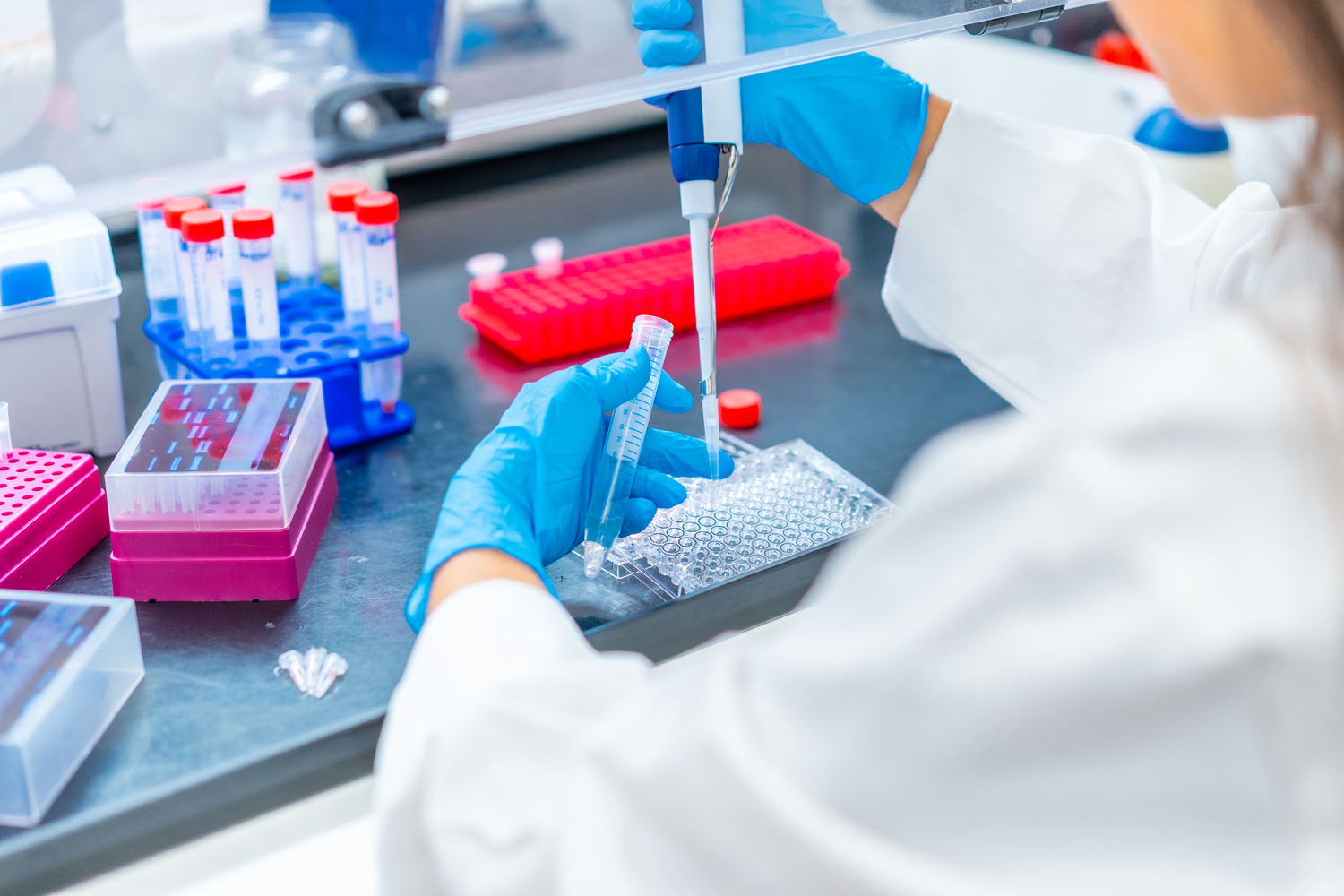Every week, the editors of Cancer Today magazine bring you the top news for cancer patients from around the internet. Stay up to date with the latest in cancer research and care by subscribing to our e-newsletter.
Try Everything: A Different Approach to Precision Medicine
Precision medicine, as practiced today, attempts to identify genetic mutations in tumors and then select a treatment known to be effective against those mutations. In many cases, there is no approved treatment for a mutation. A different approach, called functional precision medicine, cultures cancer cells outside the body and then tries dozens or hundreds of different treatments to see if any are effective against the cancer. The results are sometimes surprising. In one instance reported in a story in Nature, researchers tried 130 drug compounds on cultured cancer cells from a patient with a rare subtype of lymphoma and found that a kinase inhibitor approved to treat thyroid cancer was the most effective therapy. Hematologist Philipp Staber at the Medical University of Vienna is leading a landmark clinical trial comparing functional precision medicine methods, genomic-guided approaches and standard treatments. “That’ll be a very powerful study, and it will probably vindicate the utility of these functional assays,” Anthony Letai, a hematologist at Dana-Farber Cancer Institute in Boston and president of the Society of Functional Precision Medicine, told Nature. Earlier studies by Staber and colleagues found that more than half of blood cancer patients treated using functional drug testing had longer remission periods than patients treated with standard therapies. Experts caution that functional precision medicine is still in its early stages, as researchers try to find ways to effectively culture cancer cells for testing on a large scale and at a reasonable cost.
Physical Activity Can Lessen Cancer-related Pain
Moderate to vigorous physical activity may lower the degree of pain experienced by cancer survivors, according to a study published online Feb. 12 in the journal Cancer. Researchers analyzed data collected in a national study to evaluate a possible link between activity and pain in people with and without a cancer history. They used self-reported responses on pain and activity from more than 51,000 adults without a cancer diagnosis and more than 10,000 adults with a history of cancer. Researchers reported that pain intensity was lower in participants who said they engaged in moderate to vigorous physical activity than in those who reported being inactive. “The most interesting finding was that people who were previously inactive but became active reported less pain than people who remained inactive,” said researcher Christopher T.V. Swain of the University of Melbourne in Australia in a story in Healio. “This is important as it supports the benefit of increasing physical activity. The take-home message is the importance of finding ways to stay physically active after a cancer diagnosis and after cancer treatment. It’s not always easy, but it can help people feel better.”
Prostate Cancer Risk in Men of African Ancestry
Researchers have discovered genetic differences between men of African ancestry and men of other ethnicities that could help explain why Black men have a higher risk of developing prostate cancer. Different levels of a protein called the androgen receptor likely play a role. Hormones like testosterone bind to the androgen receptor, which sends a signal to cancer cells to continue to grow and divide. Previous studies show that men of African ancestry have higher levels of the androgen receptor, but no one has understood why. To find out, researchers analyzed data from more than 75,000 people from diverse populations around the world and identified mutations in three regions of DNA that control androgen receptor levels. “These specific changes to the genetic code are frequently found in men with African ancestry, while they are virtually absent in men of European ancestry,” said researcher Antonio Marco of the University of Essex in England in a story in the Guardian. The research, which has not yet been published, identified hundreds of other mutations that are different over diverse groups and that could play a role in prostate cancer risk. These discoveries could lead to development of a genetic test to predict which men are most likely to develop prostate cancer, experts say. “Such tests could revolutionize the management of this disease in a similar way that mammograms have for breast cancer,” researcher Greg Brooke, who is also at the University of Essex and co-led the research, told the Guardian.
Cancer Today magazine is free to cancer patients, survivors and caregivers who live in the U.S. Subscribe here to receive four issues per year.





